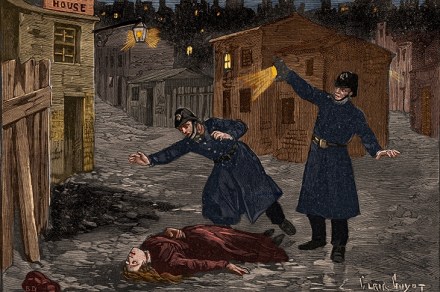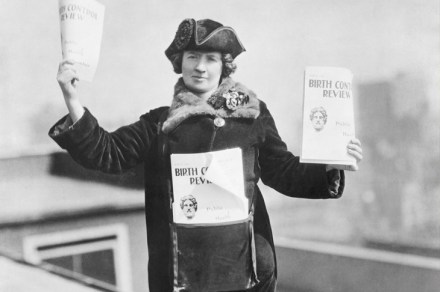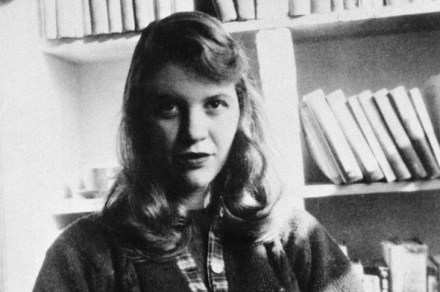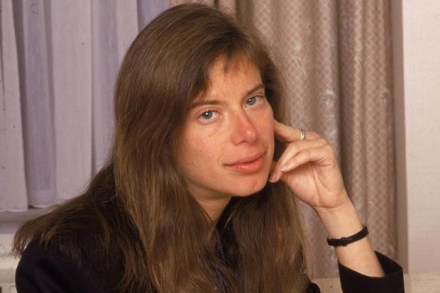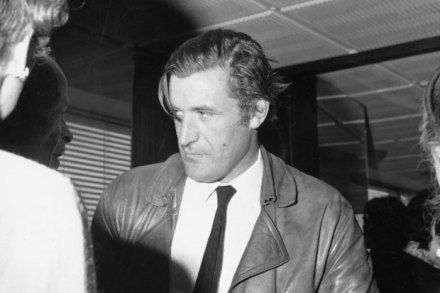A New York state of mind – Doxology reviewed
Doxology covers five decades and a spacious 400 pages, with all the subplots and digressions you would expect of a baggy monster realist novel. It moves from the subculture of straight edge punk to the backrooms of political powerbroking, and surveys ground from East Harlem to rural Ethiopia. There are at least half a dozen



